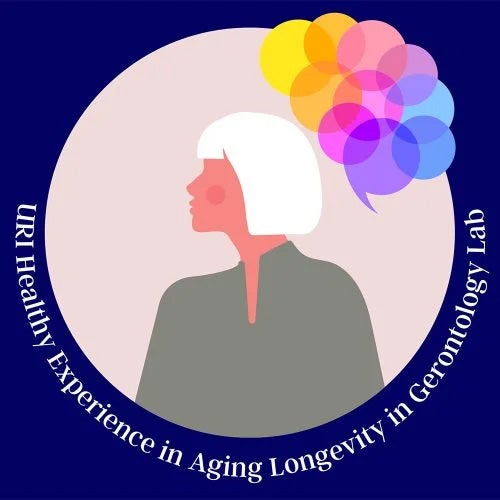
Current Projects
The Impact Adverse Childhood Experiences and Aging has on Brain Health in Latina Women
This project is one of our studies adding to a series of work that examines the intersection of adverse childhood experiences (ACEs) with neural and brain structures, as well as decreased neural functioning and cognition. Key results from the past research indicate that ACEs are associated with poorer attention and executive functioning. Unfortunately, it is shown that these subtle and relative impairments in cognitive functioning make it more difficult for individuals to adhere to treatment recommendations (e.g., medication regimens or weight loss).
This study is focusing on the impact of adverse childhood experiences (ACEs) on brain health among women of two age cohorts (emerging adults and older adults) of the Latina population. Latinos are 51% more likely to experience ACEs than their non-latino counterparts. Findings linking ACE exposure to future brain health and disease is concerning given the high prevalence of ACEs. This study will examine each participant’s brain health by referencing biological markers (taken by blood draws), and neurocognitive performance (taken by cognitive assessments).
Training in Phlebotomy
Since much of our work in the lab requires blood samples, students that volunteer, work, or are enrolled in the lab are eligible to enroll in phlebotomy certification. Many of our undergraduate and graduate students are currently taking a course (taught by Dr. Tsotsoros) that will certify them through the National Healthcareer Association. After completion of the course, they will take the NHA exam to become a nationally certified phlebotomy technician (CPT).
Child Development Center and OLLI- intergenerational relationships
The HEALinG lab is currently collaborating with the Child Development Center on URI’s campus to encourage engagement between older adults and preschool children. This is a research project assessing how intergenerational relationships affect the lives of young children as well as older adults.
